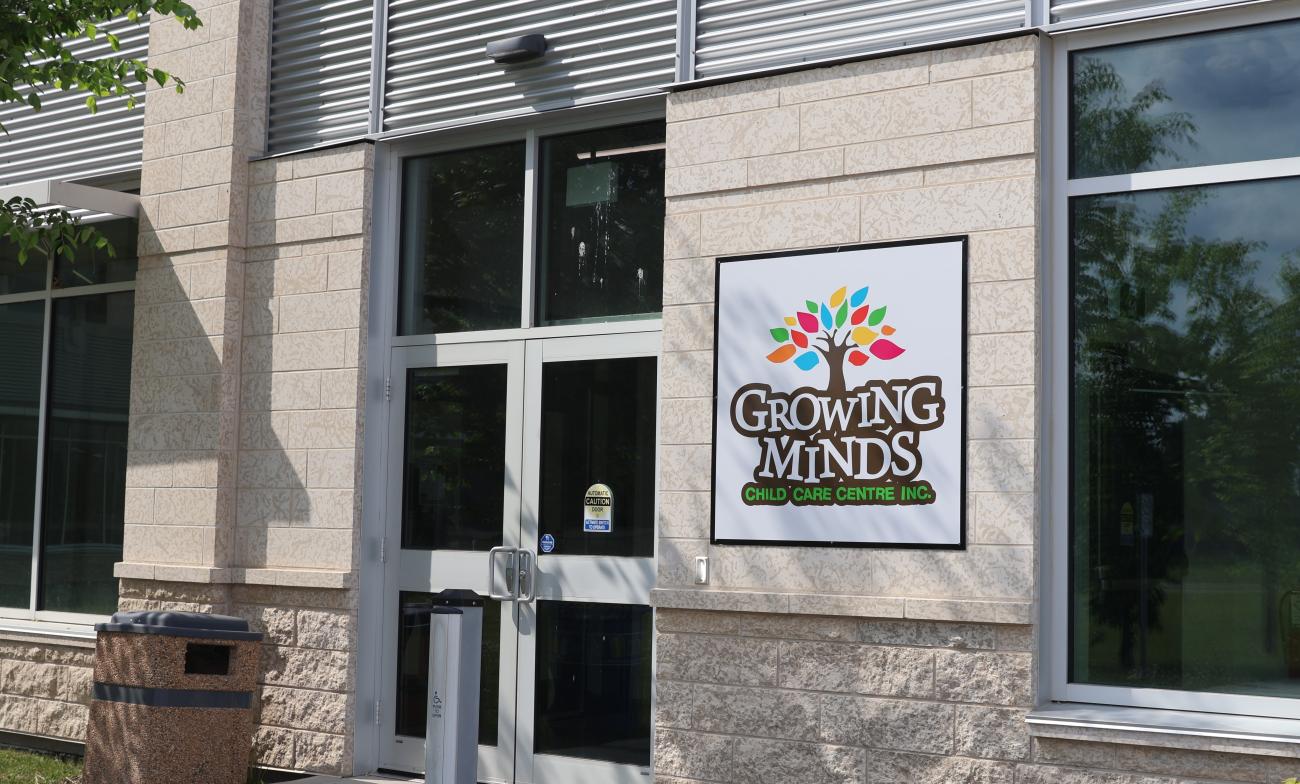On May 23, both the federal and provincial governments announced new childcare funding in Manitoba, representing the largest increase in the province’s history.
“In order to provide families in Canada with high-quality, affordable childcare, we need to support the early childhood education workforce with better compensation,” said Patty Hajdu, federal Minister of Jobs and Families. “Development that happens in early childhood plays a big role in future learning, so it’s important to keep highly trained, qualified people in this field and also attract future educators who want to build safe and inclusive spaces where all children are welcomed, accepted, and nurtured.”
To that end, Manitoba is implementing a new wage grid which will guarantee a minimum income for all frontline early childhood educators (ECEs) at $27.56 per hour, retroactive to April 1. For some ECEs, it could mean a wage increase of up to $5 per hour from their earlier rate.
The wages of childcare assistants will also be guaranteed through this grid. It’s a strategy, the province says, to help improve early learning and childcare workforce recruitment and retention.
“Early childhood educators are the foundation of a humming and productive economy,” said Tracy Schmidt, the provincial Minister of Education and Early Childhood Learning. “Because of their work, parents across Manitoba can go to school or build careers that power our province. They are more than child minders, they are shaping our kids’ early development foundations, so they can go on to be happy, healthy and fulfilled Manitobans. With this historic wage increase, we are valuing the role ECEs play in our province. We are investing in Manitoba’s future.”
Further to wage subsidies, every licensed childcare facility across the province will receive an additional two percent base operating fund increase, also retroactive to April 1.
Rhonda Kenning is the director of Growing Minds Childcare Centre Inc., with three locations around Niverville. Her centre employs 50 staff members, the majority of which will benefit from the new wage funding.
Kenning says this new funding is the highest increase Growing Minds has seen since they opened in 2008. All in all, she says, the funding promise amounts to an 18 percent increase for the facility.
“There was an increase in 2024,” Kenning says. “It was a long time coming because, prior to that, our operating funding had been frozen for almost eight years under the former PC government. So things were very tight, and it was difficult to give wage increases or to keep up with inflation.”
The advantage of the new wage subsidy, Kenning says, is that childcare facilities will be granted some flexibility on how it’s allocated.
“If you are a centre who was already paying the $27.56 per hour or more, you have the option of paying even higher wages just to stay competitive or to move that money around if you have some areas where [other] staff aren’t quite on par,” Kenning says.
For Growing Minds, it means that every staff member will see a wage increase from $1 to $4 per hour, assuming this is approved by the parent oversight board.
Childcare assistants who are just getting started in the childcare field have a starting wage of $19.40 per hour at Growing Minds.
In an effort to encourage them to continue in the pursuit of an ECE degree, the province offers up to $5,000 in tuition grants. Growing Minds tops that up with a further $1,000 grant for tuition and textbook support.
If the training is taken at Red River Polytechnic, a workplace program grant allows students to attend classes two days per week, work for three days per week, and still receive a full-time wage.
“This year alone we have five new graduates that we supported through the training program,” Kennings says.
As exciting as this new funding promise is, Kenning says it still has some flaws. Primarily, the strategy doesn’t take into account the differences in overhead experienced from one provider to the next.
“I have three locations and I pay a huge amount of rent,” Kenning says. “But if you’re a centre who’s located in a school or a church basement and they don’t charge you any rent, you have that much more money to put towards salaries and other expenses.”
Despite strides made in the past two years, Kenning acknowledges there is still a long way to go before childcare is accessible to every parent who needs it.
For example, the waiting list for kids to get into the Growing Minds program is nearly quadruple the number of spots for which they are licensed by the government. Today, their enrolment sits at 204 and their wait list exceeds 700.
“It all boils down to politics at the end of the day, and what kinds of funding [is made] available,” says Kenning. “Everybody’s scrambling for funding and we’re just hoping that our advocating will pay off.”
In August 2021, a childcare accessibility agreement was signed between the federal and provincial governments. It included a five-year plan to build a local, affordable childcare system.
Over five years, Manitoba was scheduled to receive approximately $1.2 billion in federal funding to implement that plan. In February of this year, Canada and Manitoba signed extensions to the program, adding $1.9 billion in funding to be used by 2031.


